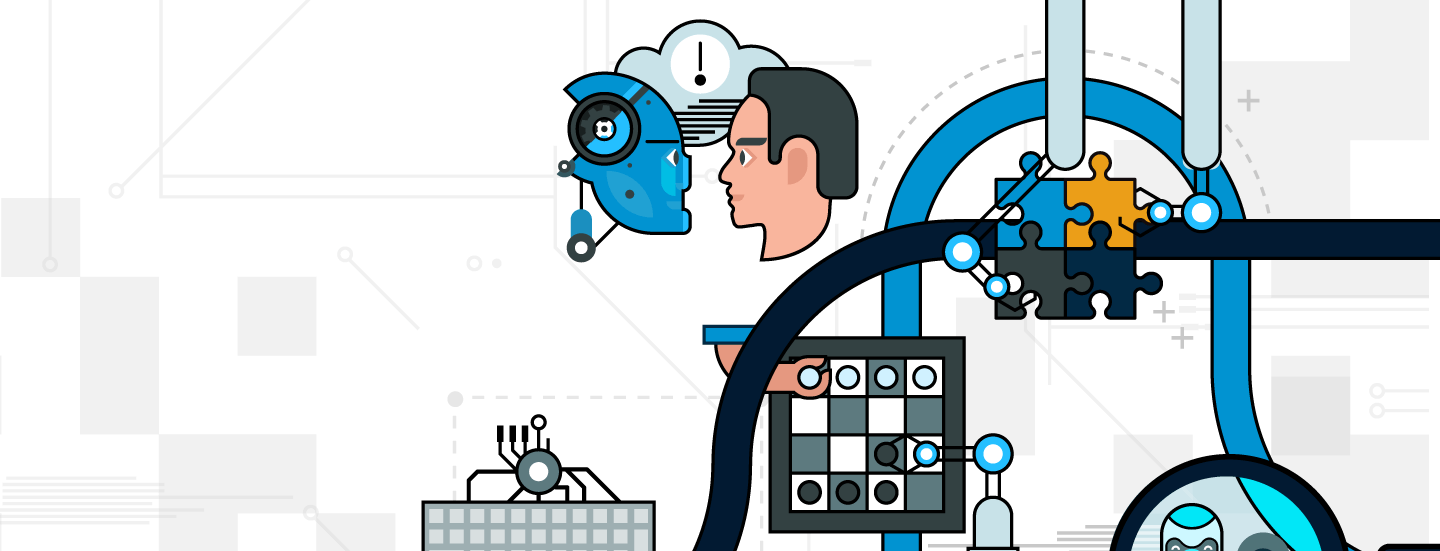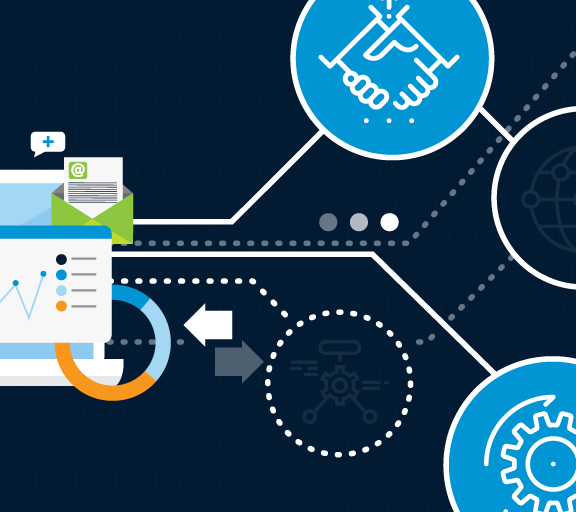AI’s Impact on HR: Transforming the Dynamics of Business and Talent Management

(Editor’s Note: The following is an excerpt from “AI and the World of Work: Embracing the Promises and Realities,” a free white paper available on the Allegis Group website that tackles the rise of AI and its influence on workforce strategy and innovation.)
Over the past decade, companies have struggled to keep up with the challenges of securing critical talent. Demand for many skills exceeds the supply. A large, experienced Baby Boomer generation is approaching retirement, and younger Millennial and Gen Z workers bring new values, including a natural affinity for all things digital.
Against this backdrop of change and talent scarcity, data is everywhere. As a result, companies are embracing innovations that use data to improve how they identify, attract, and retain workers. That push began with early advances in enterprise HR systems and applicant tracking solutions. It then gave way to advances in recruitment marketing, social applications, mobile technologies, and big data and analytics. Now, there’s a new force driving talent innovation. Enter artificial intelligence (AI) — a natural, next step in the evolution of talent strategy and technology.
AI represents a progression that will do more than provide tools to support HR and talent management processes; it is likely to change the processes themselves. Will AI drive the same level of change that web-based solutions did 20 years ago to move HR away from Rolodexes, bulletin boards, and want ads? The answer is, “very likely,” but change will take time. An understanding of tomorrow’s AI-enabled HR begins with a view of AI today and a look at the potential future impact across talent acquisition and HR of tomorrow.
AI at Work in HR and Talent Today
AI adoption is still in its early stages. Many breakthroughs are still working their way from research to commercialization; however, a number of practical applications are emerging. Consider IBM’s ambitious entrance into the market. According to a recent Deloitte report, “IBM’s AI pioneer, Watson, is now moving into the space with three new technologies: a machine learning platform that ranks the priority of open requisitions; social listening for an organization’s and competitors’ publicly available reviews on Glassdoor, Twitter, and newsfeeds; and a tool that matches candidates to jobs through a ‘fit score’ based on career experiences and skills.”
In addition to the large presence of IBM, the report also cites a number of smaller AI startups, including:
- Wade and Wendy: Based on AI chatbots, this service acts as a virtual career guide for candidates (Wade) and an in-house hiring assistant for employers (Wendy). By bringing an automated conversational approach to the recruiting process, the Wade and Wendy solution promises to boost clarity and eliminate communication gaps between companies and prospective candidates.
- Mya: This chatbot was introduced by FirstJob, a company dedicated to helping organizations recruit Millennial talent. Mya is billed as an AI recruiter that can reduce a recruiting team’s time demands by 75% through automating sourcing, screening, and scheduling, all while providing candidates with a “positive and helpful” experience.
- Switch: This recruiting app applies a machine-learning algorithm to match candidates with jobs. The app has been called “Tinder for recruiting,” giving candidates and managers quick overviews of jobs and candidates to which they can swipe left to dismiss or swipe right to learn more.
- Talent Sonar: This system uses AI to prioritize job skills, develop job descriptions, review résumés, and create structures for effective interviews. The focus of Talent Sonar is to eliminate bias from all parts of the hiring process to improve hiring results.
- Olivia: Developers at Recruiting.Ai are transforming recruiting software through the power of NLP and AI. Olivia is the company’s flagship product, designed to build a better candidate experience through an AI-powered personal assistant.
These startups are just a few examples of new solutions at work today. Their early appearance reveals the range of issues that AI is positioned to address, from improving the candidate experience to accelerating the hiring process and boosting quality of hire.
The AI Future: Driving a Strategic Talent Function
As AI solutions begin to reach the talent technology marketplace, innovation is likely to continue at a rapid pace, and it will be shaped by the persistent challenges faced by talent organizations. Many of those challenges stem from a struggle to balance a large volume of repetitive tasks, such as screening applicants and reviewing résumés, with a need to apply human skills, such as interacting with candidates and employees, solving issues, and creating strategies.
Ultimately, the goal of every HR and talent function is to rise above the fray of tactical day-to-day activity and gain a proverbial “seat at the table” in developing the core business strategy. AI will contribute to HR’s voice in the business, not only by taking on much of the human burden associated with planning, talent acquisition, and talent management but also by facilitating more consistent processes and informed strategies along the way.
To learn more about the promises and realities of AI, as well as how it’s projected to influence HR processes and strategies, download the full white paper today.
Related Content
AI’s Impact on HR (infographic)
AI’s Impact on Jobs: Reading the Indecipherable Tea Leaves
“That’s Not Real AI” and Other True But Misleading Observations


